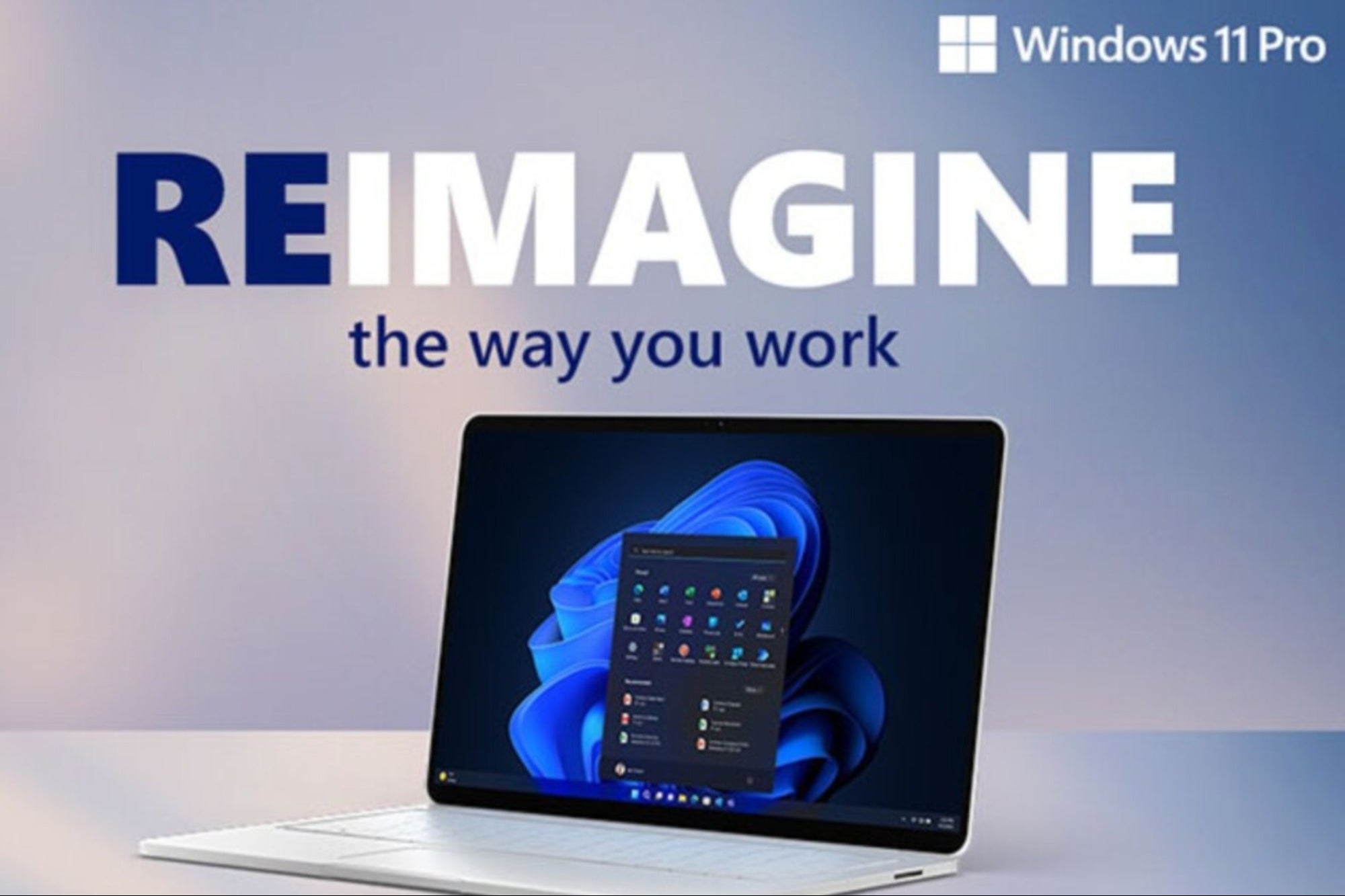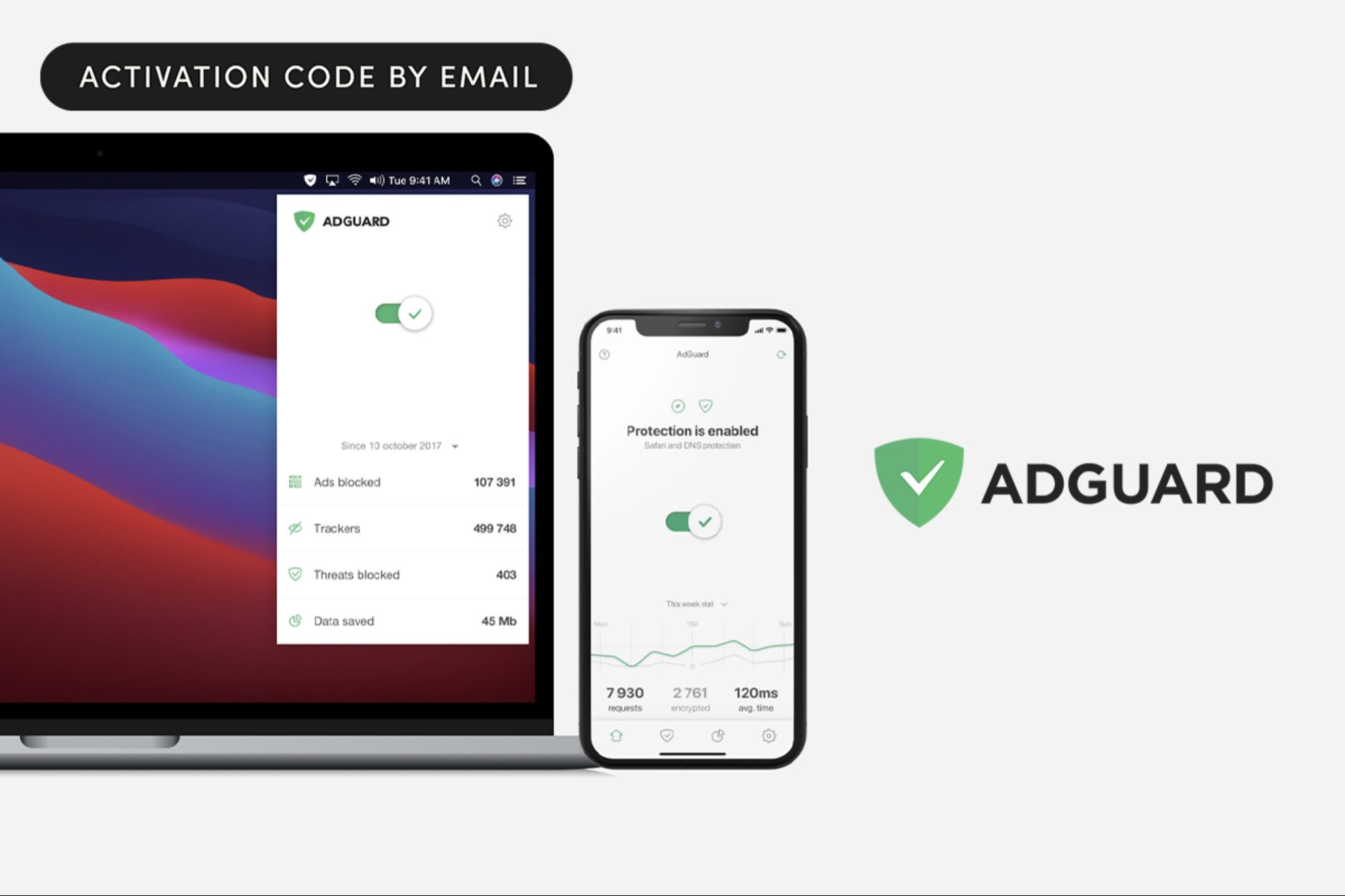This story appears in the March 2016 issue of BIZ Experiences. Subscribe »

Hey there. hi. Nice shirt. Listen, I don't normally do this, but I was wondering: Could you maybe do me a favor and read this story?
No?
Hang on, let me rework that.
I'd like to ask you for a favor. I'm hoping you'll read this story because I think you'll enjoy it and because it would gratify me deeply. If you don't have the time or if you're just not interested, I'll understand, of course, but I think you'll find it worth your while. Whatever you decide, please take this request as a compliment to your taste in media.
That first request? No good. For lots of reasons -- but mainly because it assumed that the request was a hassle.
But favor requests aren't hassles. The way we introduce the request is often the hassle. Let's first acknowledge two surprising truths: People love doing favors. Also: People really love doing favors.
Why People Love Doing Favors.
Studies about favors generally suggest that we want to comply with a request -- if only to avoid the awkwardness of not complying. Incentives aren't needed. A lot of context isn't necessary.
Here's how it plays out in the research lab: In one experiment run by professors at Cornell and Stanford University, participants were challenged to ask strangers to fill out a questionnaire, donate to a charity or allow them to borrow a phone. Before asking for these favors, the participants guessed how many people they'd have to ask before someone would agree to complete the request. Then, faith in humanity was bolstered: It turns out people were twice as likely to complete a request than the participants originally thought they'd be. Other studies found that this is also true of unethical requests, like vandalizing a library book. (Please don't do that.)
We often worry about the cost to that person of saying yes, but research suggests that the favor is less of a burden than we think. People unconsciously justify why they do it ("This person must like me if they are asking!") and feel positively toward the requester. And don't overlook the emotional cost of saying no. Everyone feels defeated and insecure, including the one doing the rejecting.
Why People Hate Listening to Requests for Favors.
It's simple: indirectness. People hate that. Just say what you want. "I'd like to ask you a favor. Here's what I'm hoping you will do." There's no awkwardness because a) You're not being awkward; b) There's no hemming, which is irritating; and c) There's no hawing, which is even more irritating. The request is introduced as a simple thing that doesn't require a lot of discussion or even thought. The answer is yes or no. There's no debate to be had. No negotiation. "If you actually ask and say, "I could really use a favor from you. Could you do this for me?'—and ask it directly—that's much more effective," says Vanessa Bohns, who coauthored the studies mentioned above. "We think beating around the bush is more polite, when it isn't."
A Favor Request Is All About the Upshot.
The other important part is: escape. It shows respect. The escape in my request was "If you don't have the time or are just not interested, I understand." We both know that's true. You didn't need to be told that. But the request was more palatable because it took into account your schedule. I made clear that I understood how my request was likely crashing into the hundreds of other things you could be doing right now -- including just staring at a wall instead of reading this story.
Why People Don't Need a Reward.
The favor request shouldn't involve a reward. One, it's not necessary. People are as likely to agree to do a favor without a reward as with one. And two, it pollutes the arrangement. A reward undercuts the magnanimity that comes from simply saying yes. Magnanimity is worth way more than the favor you'll do for them. "Being asked for something is flattering," Bohns says. "When someone asks us for something -- particularly for advice -- we take it as an indication that the person doing the asking respects and values us." Any kind of promise for a favor places an unnecessary pressure on the transaction.
Anyway, about that earlier request: You think you'll have time to read this story, or what?











